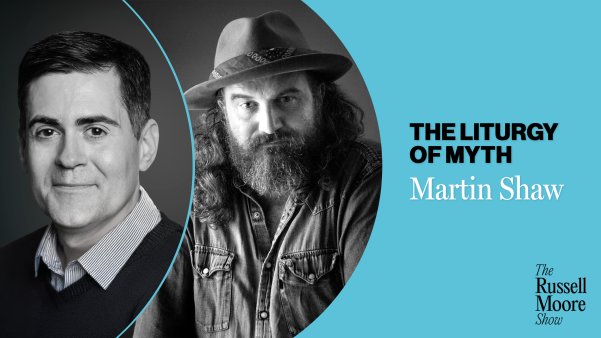When I pastored my small, theologically conservative church, I could safely assume the people sitting in the pews on Sunday morning to hear me preach believed that the Bible they held in their hands was God's Word. But what exactly does that mean?
Enter Pastor Kevin DeYoung. His new book, Taking God at His Word: Why the Bible Is Knowable, Necessary, and Enough, and What That Means for You and Me (Crossway, 2014) doesn't break any new ground in the debates over inerrancy. Coming in at just under 140 pages, this is a quick and easy read. But that's just the point. DeYoung synthesizes the best scholarly arguments for the reliability, trustworthiness, and inspiration of Scriptures and presents them in a way that my deacons could digest and understand.
What is helpful about DeYoung is his willingness to address contemporary questions about Scripture and our perennial desire to mold Scripture to our current context. Perhaps the most valuable chapter in Taking God at His Word is Chapter Seven, "Christ's Unbreakable Bible" where he pushes back on the notion of a "red-letter" Jesus. "I'm not asking how Jesus interpreted the Bible or fulfilled the Bible, or what he taught from the Bible," DeYoung writes. "I'm addressing only the simple, absolutely crucial question: what did Jesus believe about his Bible?" Then DeYoung systematically describes Jesus' strong doctrine and high view of Scripture.
This is an especially important argument today when many evangelicals are placing a high premium on the words of Jesus, but questioning whether they are compatible with the rest of God's revelation. Unhelpful dichotomies such as "Jesus came to abolish the law" or Jesus came to "do away with religion" confuse believers and lead them away from a holistic understanding of the entire span of salvation history.
Taking God at His Word also makes Sola Scriptura accessible to a new generation. The Bible occupies the magisterial role, and the Church is its minister. You'll find a fuller treatment in works such as Timothy Ward's Words of Life, but DeYoung gives a terrific and clear-eyed view of the important arguments.
Last, DeYoung forcefully urges Christians to consider the Bible to be "clear" and "sufficient" for faith and practice. To evangelicals for whom certainty is a four-letter word, DeYoung's apologetic will go down hard, but he offers an important reminder of the danger of shading God's revealed truth in gray hues.
DeYoung may not convince those already determined to press their cultural preferences upon Scripture, but he'll likely influence those curious about the relationship between Jesus and the law. What's more, this little book will sharpen those who agree, philosophically, with the argument that "the Bible is the Word of God" but are unsure of how to explain it. Its compact format has the potential to stimulate good thinking from lay believers otherwise unengaged in the important apologetic arguments surrounding the Scripture they trust to be breathed by God.
Pastors and church leaders will find this a handy resource to hand out to new believers and mature saints who never personally grappled with the doctrine of Scripture. In making esoteric arguments accessible to the average Christian, DeYoung has succeeded. If he equips a new generation with a confidence in God's revealed Word, this is something worth applauding.—Daniel Darling
Copyright © 2014 by the author or Christianity Today/Leadership Journal. Click here for reprint information on Leadership Journal.









